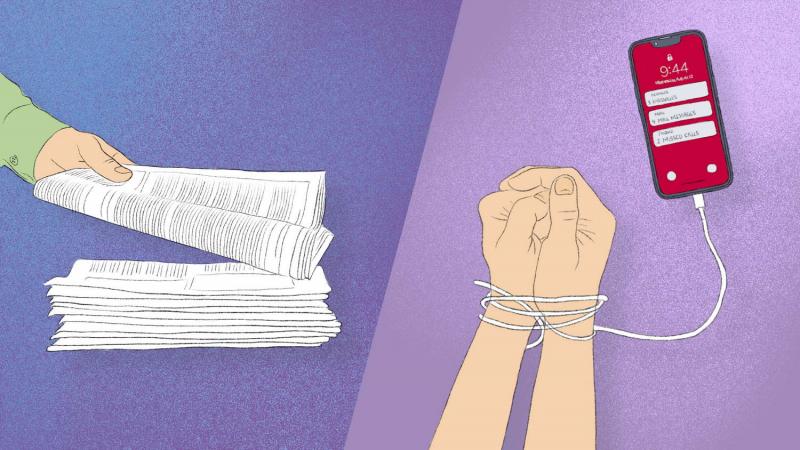
Article first appeared here.
It’s common knowledge for most PR professionals that the supposed ‘father of PR’, was Ivy Lee. Lee is said to have written the first-ever press release in 1906, on behalf of Pennsylvania Railroad about a train wreck that killed 50 people. The New York Times printed the article in full. Now, whilst the article is rather different to the press release format that PRs now follow, it’s a press release, nevertheless.
Obviously, 1906 was far before the first computer, phone, or even pager. An early version of the fax machine had been invented in 1843, but it is very unlikely that the average citizen was faxing as a regular form of communication.
Newspapers, which later inspired the creation of magazines, were the unrivalled provider of information. The first newspaper was said to have been published in 1609 by Johann Carolus. So, for over two centuries, the sole provider of news for the masses would have been the newspaper, which of course is still around today. However, unlike the classic newspaper, PR has drastically changed over the years.
The first electronic general-purpose digital computer was invented in 1945, which eventually lead to the internet. I think it’s safe to say that when the internet was first developed, nobody thought it would have got to the current level it’s now at, in the 21st century. With the Metaverse, AI, robots and so forth, the internet is a multiverse of information. And with the development of the internet, came the evolution of PR.
So, of course, with the internet, also came smartphones, and with smartphones (you know where this is going), came social media. I think most people would be lying if they said they weren’t aware of at least one social media influencer, and with shows like Love Island dominating (or should I say literally consuming) people’s lives, influencers are practically royalty. The term ‘influencer’ can be traced back to ancient Rome, when gladiators endorsed products in order to sell them, similar to social media influencers today. So maybe the practice of PR was around far before the first press release in 1906? Either way, Influencer PR is extremely powerful.
The ‘Influencer’ can also be seen within the monarchy. For years now the royals have influenced the way people dress, act, shop and so on. Figures like Princess Diana are still known as fashion icons in the modern world (we all loved the black revenge dress let’s not lie). This was very much the case in years gone by, too. There is a pub in London called Old Doctor Butler’s head, which first started serving pints in 1610, led by a self-proclaimed specialist in nervous disorders. After he prescribed his medicinal ale to King James I, who basically thought it was god’s gift, everyone wanted in on the action, to the extent that Doctor Butler opened multiple pubs around London. So, as seen with gladiators in ancient Rome, influencers aren’t a new concept.
Social media has truly changed the PR industry. With access to millions of people, celebrities can now skyrocket sales of certain products, if they endorse them online. Even the term ‘followers’, which is used on various social platforms, indicates a sort of subservient nature. Anyone in communications will know we still rely on the classic forms of media relations such as press releases however, with platforms like Twitter, LinkedIn, Facebook and so forth constantly appearing, PR will keep evolving, as it has been for centuries. With the introduction of concepts like the metaverse, it’s difficult to say where the future of PR is headed. If you speak to PRs about the metaverse, the reactions probably range from anxious confusion to dismissal, but the change it could have on the industry is undeniable.
It will be up to PRs to define how media engagement will work in the metaverse, so who knows what the future holds. But what we do know, is PRs will always adapt and the profession will be around for a very long time yet.
